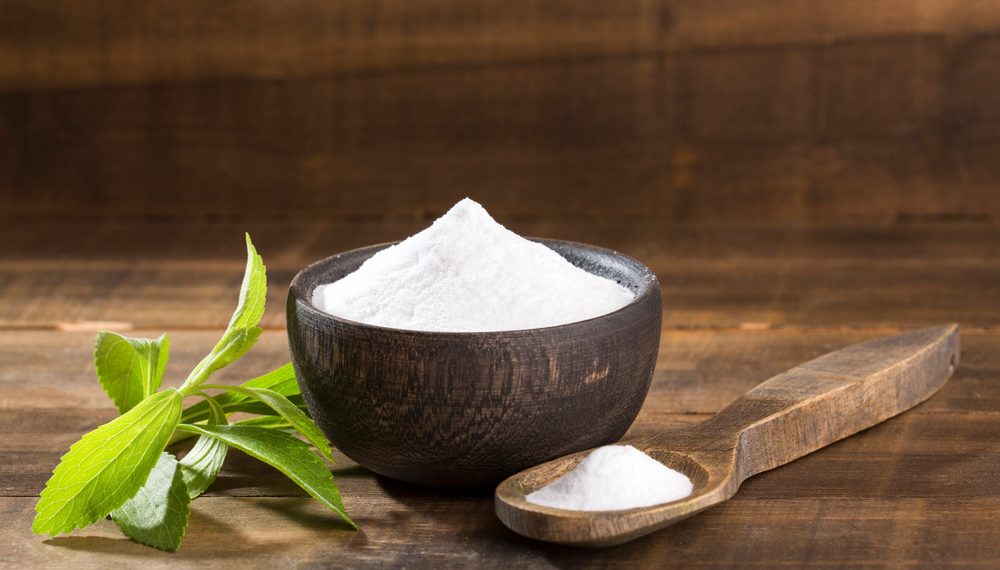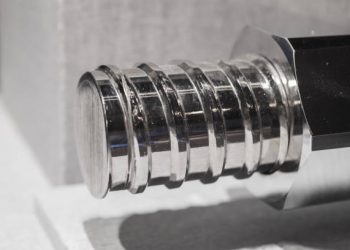Stevia is a natural alternative to other sugar products that can use in foods, drinks, and even cosmetics. While many people are aware of this alternative sweetener, there are still some myths about which you should know the truth.
What is Stevia?
Stevia is a plant-based sweetener used for centuries in South America. Unlike other artificial sweeteners, the sweet leaf has no adverse side effects and can use in moderation. While there are many benefits to using It as a natural sweetener, here are just a few:
1. Stevia is Non-GMO and Gluten Free
2. It is Safe for diabetics
3. Stevia is Low calorie and has a Low Glycemic Index
4. It is Environmentally Friendly
5. Stevia is Affordable
How much is 3 tsp of sugar?
Stevia sugar is a plant-based sweetener used for centuries in South America. It makes from the sweet leaf, a herbaceous perennial shrub native to Paraguay and Argentina. The stevia plant leaves are high in sweetness, containing about 200 times as much sweet extract as sugar.
There are several benefits to using stevia sugar as a natural sweetener. For one, it is calorie-free. Additionally, it has low glycemic index properties, meaning that it does not raise blood sugar levels quickly. It also has few, if any, health risks associated with its use, making it an excellent choice for those looking for a healthier alternative to other forms of sugar.
What are the benefits of Stevia?
Stevia is a natural sweetener used in the South American Andes for centuries. It is 200 to 300 times sweeter than sugar and contains no calories, glucose, fructose, or maltose. There are many benefits to using It as a natural sweetener. It is also gluten-free and dairy-free.
First of all, it is calorie-free. It means that you can use less of it to achieve the same level of sweetness, which can help you control your calorie intake. Additionally, sweet leaf doesn’t spike your blood sugar as other sugars do. It can be beneficial if you are trying to maintain a healthy weight or have diabetes.
Another benefit of using It as a natural sweetener is that it doesn’t cause tooth decay like regular sugars. Studies have shown that people who consume it as a regular part of their diet have lower levels of tooth decay than those who don’t. It is also hypoallergenic so it may be a good choice for people with food allergies or sensitivities.
Finally, Stevia has been shown to have some health benefits beyond just being an excellent sweetener. For example, research shows that it can help reduce the risk of type 2 diabetes and even lower cholesterol levels in some people. So whether you are looking for an alternative to sugar or want to enjoy sweets without worrying about their impact on
Why would you use Stevia over sugar or other sweeteners?
Stevia is a natural sweetener used in South America for centuries. There are many benefits to using It as a sweetener instead of sugar or other sweeteners.
One of the main benefits is that sweet leaf doesn’t have any calories. It can be helpful if you’re looking to lose or maintain weight. Additionally, It is low in glycemic index, meaning it won’t raise blood sugar levels as other sweeteners will. If you have diabetes, this could be a big help.
Another benefit of using Stevia is that it’s environmentally friendly. It is derived from plants and isn’t produced by genetically modified organisms (GMOs). Additionally, It is not subject to food restrictions like some other sweeteners are, such as being gluten-free or dairy-free. It means that it can use in many different types of foods and recipes.
Is Stevia safe for people with diabetes or people with blood sugar issues?
Stevia has been a natural, calorie-free sweetener in Asia and South America for centuries. Unlike other artificial sweeteners, such as aspartame, It does not have adverse side effects on blood sugar levels. People with diabetes or blood sugar issues can safely use Stevia.
Stevia is derived from the stevia plant, which is native to Paraguay and Argentina. The stevia plant is a shrub that typically grows to around 4 feet tall and has green leaves on the top and white on the bottom. The flowers of the sweet leaf are pollinated by bees, which results in the production of blueberry-like fruits. The leaves are also characteristically sweet tasting.
The stevia plant as a natural sweetener for centuries in Asia and South America. It was first discovered in 1820 by José de San Martín, who named it after his friend Stephen Farrar, who helped him find it. Over 60 types of sweet leaf are available today, including rebaudioside A through E. Rebaudioside A is the most active compound in Stevia and is responsible for its sweetness.
Although rebaudioside A is the most active compound in sweet leaf, all types of stevias contain this compound. Stevioside A through E are also present in different concentrations depending on the type of stev
Conclusion
Stevia is a plant-based sweetener that has been used for centuries in various cultures around the world. Recently, it has become more popular as a natural sweetener because it is considered to be calorie-free, lower on the glycemic index than other common sugars, and safe for people with diabetes. This article will explore some of the benefits of using stevia sugar as a natural sweetener and explain why you should consider incorporating it into your diet.










